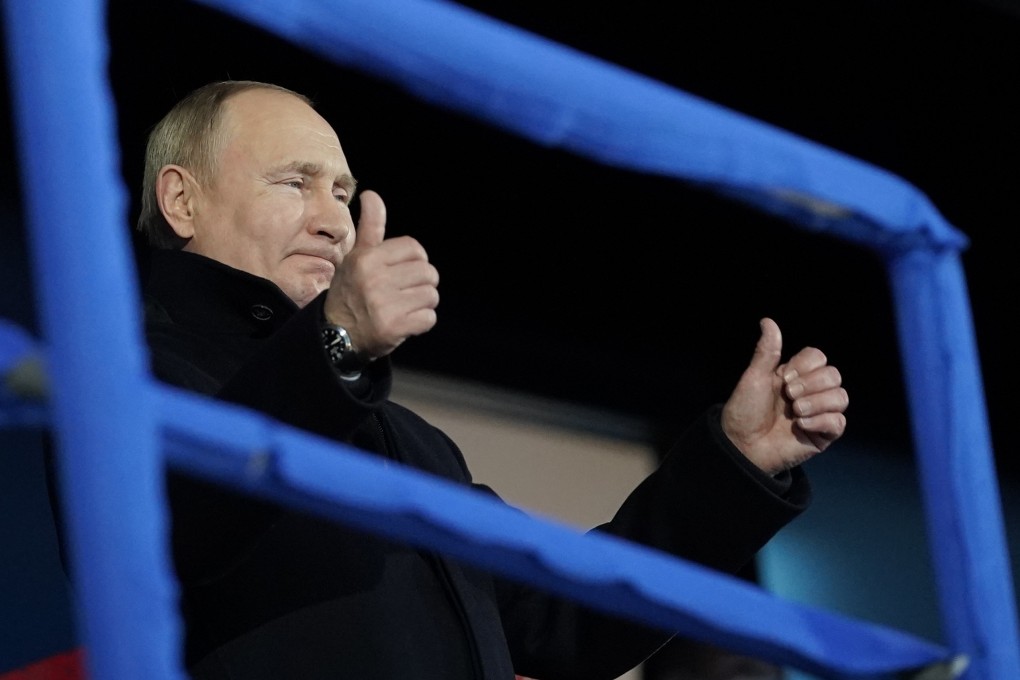Letters | What was the real motive in Putin’s Winter Olympics trip to China?
- Readers discuss whether Putin had a hidden agenda when he attended the opening of the Beijing Winter Olympics, Western criticism of China’s treatment of minorities, and why the Indo-Pacific Economic Framework is not attractive to small states like Cambodia

The Russia-Ukraine military conflict did not begin until February 24, four days after the end of the Beijing Winter Olympics. It seems that Putin showed respect for China by not causing trouble during the games – unlike when the Russia-Georgia war began on August 8, 2008, the same day as the opening of the Beijing Summer Olympics.
Qin Gang, Chinese ambassador to the US, explained in an op-ed in The Washington Post on March 15: “There have been claims that China had prior knowledge of Russia’s military action and demanded Russia delay it until the Winter Olympics concluded. Recent rumours further claimed that Russia was seeking military assistance from China. Let me say this responsibly: Assertions that China knew about, acquiesced to or tacitly supported this war are purely disinformation.”
However, this has hardly dispelled the West’s doubts, and makes it difficult for China to remain neutral. If Putin’s aim was to drag China into this situation and make it look like it was on Russia’s side, he may have succeeded.